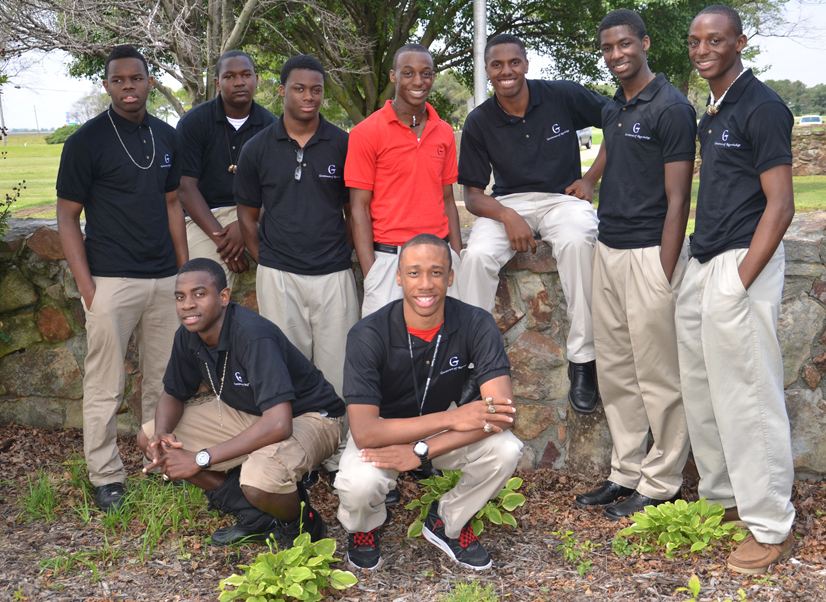
WILSON – How did Rivercrest High raise test scores among African-American students by 17 points in one year? It tried something so crazy that it almost had to work: It asked the students what the problem was and how to address it.
Second-year teacher Lindsey Kelley and assistant principal Tom Bennett decided it wasn’t OK that only 31 percent of African-American juniors were scoring proficient on the state’s benchmark exams, compared to 65 percent of white kids. So, working with a training consortium known as the Arkansas Leadership Academy, they created a plan that would give the students a real say in their own educations. African-American students were called grade by grade into the library and asked what the school district could do differently during a session led by one of their peers. Afterwards, all African-American students in the junior class were interviewed in groups of two or three about their individual learning styles, with the information given to teachers.
Then something happened that wasn’t part of the plan: A group of students coalesced to form the Gentlemen of Knowledge in order to hold themselves and their classmates accountable.
Test scores rose from 31 percent to 48 percent in one year. Told the news, two of the Gentlemen, twins Tay and Ty Baber, had this to say: Next year it should be 58 percent.
You can read more in my Arkansas News Bureau column.